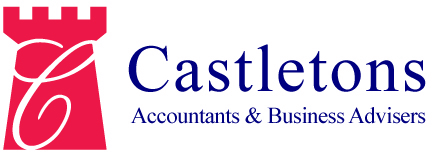NSW cracking down on payroll tax avoidance
Businesses beware, the NSW government is set to introduce new laws aimed at cracking down on companies that avoid their payroll tax obligations in relation to unpaid wages and other practices associated with tax avoidance or minimisation. It is estimated that around 13% of Australian workers are underpaid a total of $1.35bn per year, and some of this potentially foregone payroll tax revenue is what the NSW government is hoping to recover.
Under the new legislation, Revenue NSW will be able to name taxpayers who have avoided payroll tax on underpaid wages and will also allow the disclosure of information to the Fair Work Ombudsman to assist in wage theft investigations. In addition, Revenue NSW will be given the power to reassess payroll tax more than 5 years after the initial tax assessment along with strengthened penalties of up to $55,000 or $110,000 for repeat offenders.
All employers that pay wages in NSW must register for payroll tax if their total Australian wages exceed $1.2m for the tax year 1 July 2020 to 30 June 2021 (for the 2019-20 tax year the threshold was $900,000). The payroll tax rate is currently 4.85% and is payable on total amount of wages that exceed the threshold. Businesses that start paying wages in NSW part way through the financial year are not entitled to the full threshold, rather it will be apportioned based on the number of days you employ and the number of days in a year.
Things get a bit more complicated if your company or business has related companies such as a holding company, a subsidiary or is a subsidiary of the same holding company. Under NSW payroll tax rules, any related companies paying Australian wages need to be grouped, even if they have an overseas holding company. Note, however, this only applies to companies and not trustee or nominee companies.
It’s not just subsidiaries and holding company relationships that is considered. According to Revenue NSW, businesses or companies may also be grouped under the following circumstances:
- common employees - if one or more employees of a business perform duties under an agreement between employers;
- common control - if a person, trustee or corporate entity or a set of persons, trustees, or corporate entities together have a controlling interest in 2 or more businesses;
- tracing of interest - if an entity has the direct, indirect, or aggregate interest of more than 50% in any corporation;
- subsuming – a larger group can be formed out of multiple smaller groups when a business is a member of 2 or more groups at the same time or the members of a group share a controlling interest in another business.
If your business or company has been grouped, only one member of the group can claim the threshold, which means it is more likely that the businesses or companies will be liable for NSW payroll tax given there is now less threshold to go around. Businesses and companies that pay wages in NSW should therefore be very careful that they are not inadvertently caught under this crackdown, particularly if they may be subject to grouping provisions.

